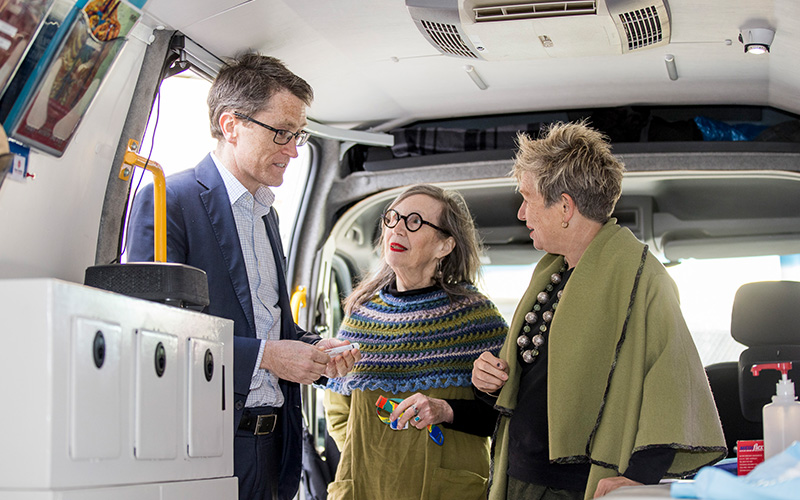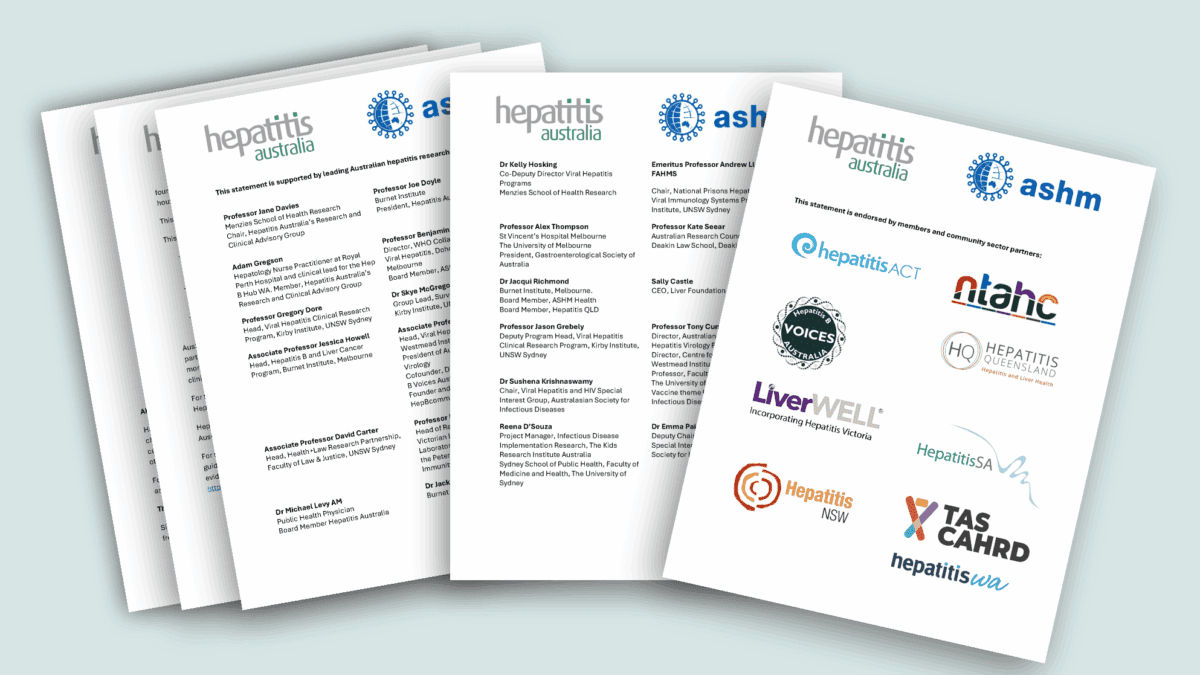A new Burnet Institute study finds introducing an hepatitis C outreach and treatment program in Australian community pharmacies, particularly those already offering methadone or buprenorphine treatment for opioid users, could significantly increase testing, diagnosis, and cure of those living with the virus.
This would be extremely valuable in saving lives and reducing the nation’s health burden, and could be vital if Australia is to reach its target of eliminating viral hepatitis by 2030, which is now just five years away. Even with our current progress, more than 6,000 new hepatitis C infections still occur each year.
The Burnet study, ‘Cost-Effectiveness of Treating Hepatitis C in Clients on Opioid Agonist Therapy in Community Pharmacies Compared to Primary Healthcare in Australia’, was published in the Journal of Viral Hepatitis last month. It demonstrates that providing testing and treatment in more accessible locations, like community pharmacies, can make a real difference.
Despite initial costs, this approach has been proven cost-effective compared to standard care, particularly by reaching under-served populations who might otherwise slip under the radar or actively avoid other healthcare environments.

Study co-author Dr Joshua Ginnane explained how this avoidance actively correlates with increased viral hepatitis risk. “For some people, accessing testing and treatment for hepatitis C through mainstream healthcare services can be difficult due to stigma, limited access, associated costs, and competing priorities,” he said.
“People on opioid replacement therapy often attend their pharmacy multiple times per week and develop good relationships with the health professionals on site.”
In the model, adding the outreach program pathway to pharmacies increased the number of tests from 4178 to 8737 (more than double), the number of diagnoses from 615 to 1285 (also more than double), and the number of cures from 223 to 777 (more than triple) among people on OAT over a 12-month period.
This research forms the foundation of the new EXPAND-C initiative, led by deputy program director of Disease Elimination Professor Joe Doyle, which aims to expand access to hepatitis C testing and treatment through community pharmacies, beginning in Victoria. In the next 24 months, it hopes to conduct more than 1,800 tests, identify up to 600 individuals with hepatitis C and cure hundreds of people living with hepatitis C in that state.

EXPAND-C will also establish a sustainable model for pharmacies to offer testing and treatment for other communicable diseases, thereby strengthening the link between community pharmacies and primary healthcare services. This can then be expanded to cover the whole of Australia, with suitable funding.
Last updated 18 February 2025
More from:
Enjoyed this article? Subscribe to be notified whenever we publish new stories.
Subscribe for Updates









